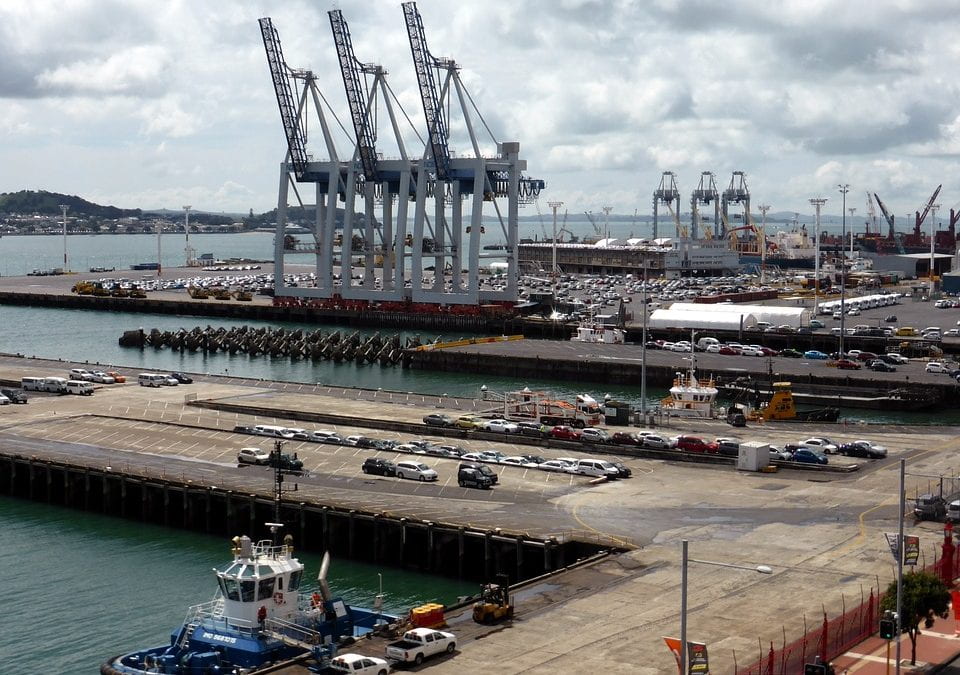By Rob Scollay –
What New Zealand must do to play virtual host to APEC next year is something perhaps never attempted before. The rewards could be big.
Virtual hosting of 2021 APEC: a rewarding challenge for NZ
New Zealand’s confirmation that it will proceed with hosting APEC in 2021, using virtual digital platforms, is a bold move. It is intended to provide certainty that the APEC meetings will go ahead, given the planning lead-times involved, and the uncertainty over how far our borders could be open without quarantining throughout the year to official visitors from 20 Asia Pacific economies, including some in the Americas where Covid-19 has been raging out control.
It does mean that the expected inflow of APEC visitors through 2021 will not materialise, although it takes off pressures over availability of venues and facilities for key meetings.
New Zealand has a vital interest in ensuring the APEC meetings proceed, and in the opportunity as APEC host to play a facilitative role in shaping the outcome.
APEC members, located in East Asia, the Americas, and Oceania, account for more than 70 percent of New Zealand’s two-way trade, and an even higher proportion of our overseas visitors, international students and inward foreign investment. The economic health of the Asia-Pacific region and its trade is a critical factor in New Zealand’s economic wellbeing.
For many years the dynamic centre of the world economy, the region now faces enormous challenges. The trade war between the US and China has been tearing at the fabric of the region’s trade and undermining its economic prosperity. Geopolitical tensions, new trade conflicts for example between Japan and Korea, and the ongoing spread of protectionism threaten to further divide the region. The multilateral trading system and rules-based global order that has served New Zealand and the region well for so long is being attacked at its foundations, and the existential challenge of climate change looms ever larger.
The latest challenge, of responding to and recovering from the Covid-19 pandemic, starkly highlights the imperative for cooperation and magnifies the costs of its absence. Asia-Pacific economic cooperation has never been more necessary, but unfortunately never more difficult to achieve.
In confronting these challenges, APEC’s defining characteristic, as a forum for dialogue and consensus-building rather than an arena for negotiation of binding agreements, will be a strength rather than a weakness. Its meetings bring the clashing superpowers together with the middle-sized and smaller members who have hitherto largely been helpless spectators to a conflict that has been damaging the protagonists as well as themselves, forcing them in the process to find ways of navigating through the turmoil without taking sides.
The opportunity to come together to seek consensus on ways forward on key issues comes at a pivotal moment for APEC’s members, who have just marked 30 years of APEC’s existence and have already been working to develop a new ‘vision’ to guide its agenda for the post-2020 era, to be implemented from 2021 onwards.
If common ground cannot be established within APEC in developing a region-wide response to the challenges, it is unlikely to be found anywhere else.
Much will depend on developments in the region’s major economies, especially but not only in the US. New Zealand’s special responsibility and challenge is to coordinate the complex year-long series of meetings, relying entirely on virtual platform technology, something perhaps never attempted before for such an extended sequence of meetings.
The format will require meticulous attention to detail while maintaining intense focus on a necessarily limited range of key agenda issues that can realistically be brought to fruition. The goal is an outcome that contributes to reviving the economic health of the region in which so many of our economic interests are centred. The rewards should include a strengthening of our relationships with all APEC economies.
Dr Rob Scollay is Director of the New Zealand APEC Study Centre and Associate Professor in Economics at the University of Auckland.
*Originally published in newsroom. Republished with permission.

